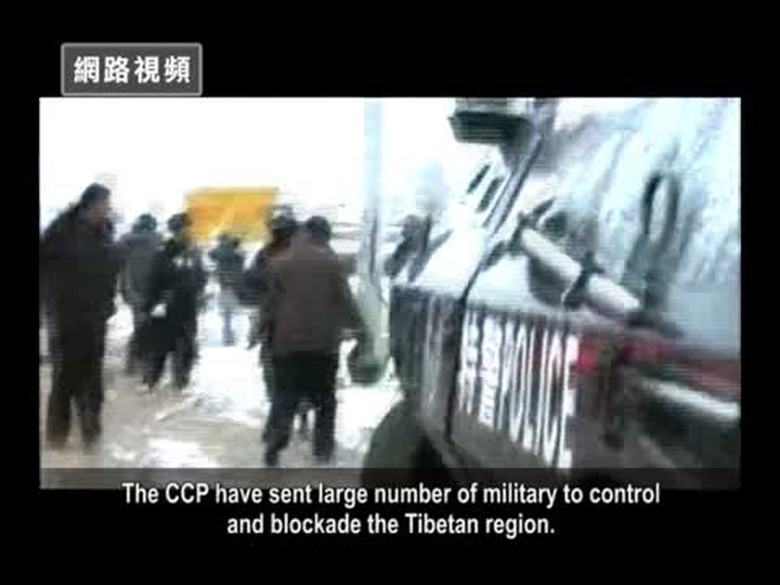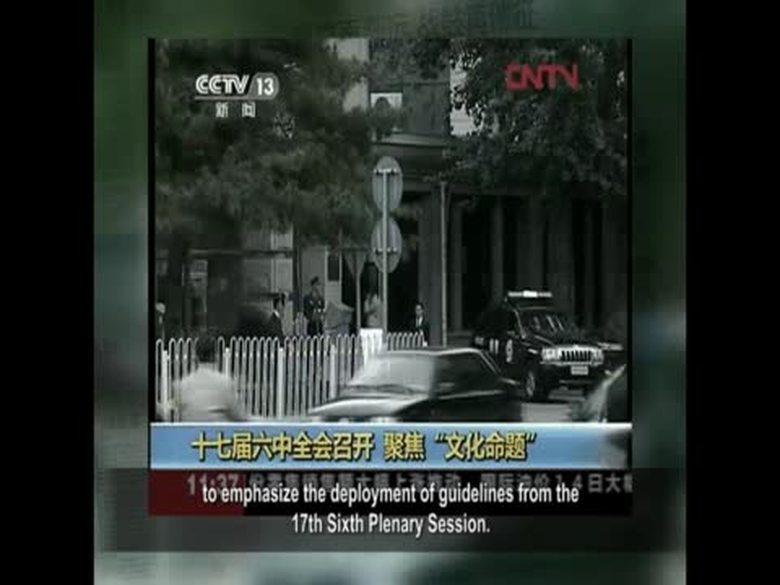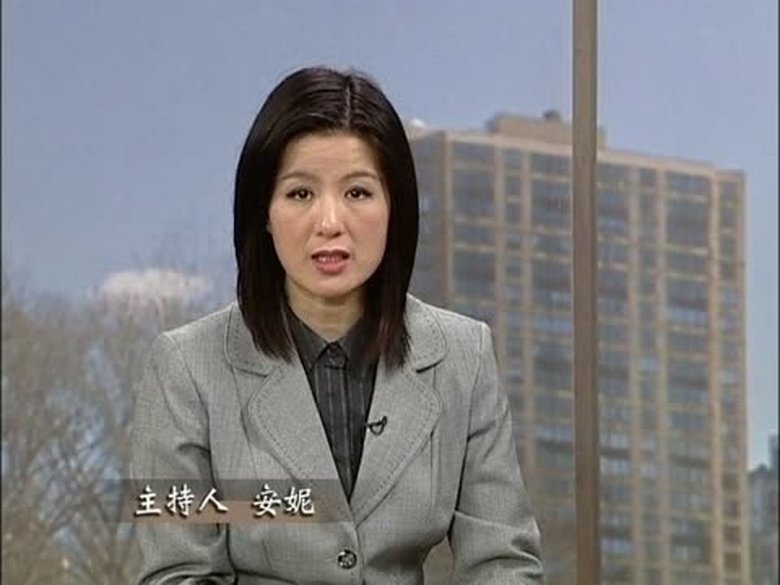【新唐人2012年2月1日訊】最近,英國《每日郵報》揭露,中國大陸存在一個鮮為人知的「黑領」階層。他們通常身穿黑色套裝,乘坐黑色豪華轎車,收入隱秘卻控制著全國的經濟和社會命脈。下面請看本臺記者的報導。
1月29號《每日郵報》刊出的這篇文章,援引美國智庫「布魯金斯研究所」( Brookings Institution)的調查報告指出,這些黑領控制著中國大陸最重要的各個經濟和社會領域,有的是大型國企老總、銀行行長,有的已經成為省長、部長。
這些「黑領」們掌控著巨額財富和資源,貪污腐敗極其嚴重。作為中共專制體制的受益者,他們竭盡所能的維護著特權和自己的既得利益。
文章列出了10個被認為是中國最有勢力的「黑領」人物。
中共中央政治局常委、政法委書記周永康,曾任中石油集團總經理、公安部長,被列為是黑領的代表人物。 《維基解密》曝光的電文顯示,周永康和同夥瓜分著中國的石油利益。他曾經為石油交易而14次前往非洲產油國蘇丹。
其他被列入10大黑領的還有:中國電力董事長李小琳﹔電訊巨頭——中國移動董事長王建宙﹔原中石化總經理、現任福建省長蘇樹林﹔前「一汽集團」總經理、現任吉林省委常委竺延風﹔中國商用飛機原董事長、現任河北省長張慶偉。
金融業也是黑領一族的集中地帶,國家開發銀行董事長陳元、中國銀行及中銀香港董事長肖鋼、中國證監會主席郭樹清,都榜上有名。他們不僅控制著國內財產,也控制著中共轉移到海外的部分資產。
此外,負責生產武器的「中國兵器工業集團」總經理張國清,也被認為是黑領的代表人物。
經濟時政評論家草庵居士:「從現在看公布的這些所謂的中國10大黑領階層人物,他們幾乎每一個人都是有從商、從政的經歷,而且他們幾乎都是掌握著國家的權力去經商,幾乎也是各個壟斷國有資產的代表。」
草庵居士指出,這些黑領的發家史都和政府、和獨裁專制有相當大的聯繫,都有官方背景。
草庵居士:「當他們擁有政府官員背景的時候,在經商的時候,就往往能夠獲取更多的經濟財富。然後,他又通過這個經濟財富去影響政策的執行。他們的身份既是官員,又是商人。」
大陸經濟學家綦彥臣也向記者表示,國企的擴張壓縮了民營企業的生存空間,這在經濟上是一種退步。他分析說,當局利用國企進行全球經濟擴張,使國企擁有了更大的經濟和政治利益,很多國企董事長陸續出任省長等高官。
綦彥臣:「中國政治,我們從技術層面講,它絕對不是選舉政治。它是一種委派政治。國家(政府)覺得哪一部分有用,就把權力分配給哪一部分。」
草庵居士也指出,隱藏在「黑領」階層控制國家權力之後的,是中共專制體制對民眾的橫徵暴斂、對民眾權益的不斷侵犯。要改變這個狀況,必須進行政治變革,讓人民擁有投票權、選舉權。
新唐人記者周玉林、李謙、王明宇採訪報導。
----------------------
British Media Exposed China's Ten Most Powerful "Black Collars"
Recently, the British "Daily Mail" unveiled a little-known class
in China known as the “black collar” class.
These people usually dress in black suits, ride in black
limousines, have a secret income but control the national economy and society's lifelines.
The Daily Mail article, which was published on January 29th,
cited a report from the U.S. think tank, Brookings Institute.
It said that the black-collars control the most important
economic and social aspects in mainland China.
Some of them are chiefs of large state-owned enterprises,
some are presidents of banks, and some have become a provincial governor or minister.
Black-collars control a huge amount of wealth and resources.
They are extremely corrupt.
As beneficiaries of the Chinese dictatorship, they do everything
in their power to maintain their privileges and benefits.
The article lists whom they consider to be the 10 most
powerful black-collars.
Zhou Yongkang, who is a member of the Chinese Communist
Party's (CCP) Central Politburo, the chairman of CCP's
Politics and Law Committee, the former general manager of
China National Petroleum Corporation (CNPC) and
the former minister of Public Security, is listed as
a representative of the black-collars.
Wikileaks unveiled that Zhou Yongkang divides the profits
from China's oil industry with other associates.
He went to Sudan, an oil producing country, 14 times for
oil trade.
The other nine are Li Xiaolin, the chairman of
China Power;
Wang Jianzhou, the chairman of the board
of China Mobile, the telecom giant;
Su Shulin, the current governor of Fujian province and
former chairman of the board of China Petroleum and Chemical Corporation Limited (SINOPEC);
Zhu Yanfeng, a current member of Jilin province standing
committee and former general manager of FAW Group;
Zhang Qingwei, the current governor of Hebei province
and former chairman of the board of Commercial Aircraft Corporation of China (COMAC).
Black-collars also hail from the financial industry.
Chen Yuan, the chairman of the board of National
Development Bank, Xiao Gang, the chairman of the board of
Bank of China and BoC HongKong, and Guo Shuqing,
chairman of China Securities Regulatory Commission are on the list.
They control not only domestic property, but also overseas
assets transferred from China by the CCP.
In addition, Zhang Guoqing, the general manager of the
Chinese weapon producer "China North Industries Group”, is also on the list.
Cao'an Jushi, a political and economic issues commentator:
“Looking at the so-called China's 10 most powerful
black-collars, each one of them has experience in
business and politics.
And all of them do business with the political power, and
almost all of them are representatives of state-owned assets.”
Cao'an Jushi pointed out that the black-collars' history of
wealth is tied into their strong relationship with the dictatorship,
and all of them have an official background.
Cao'an Jushi: “When they have a CCP official background,
they will acquire more fortune during business transactions.
Then, they use the obtained fortune to impact the execution
of policies. They are officials and businessmen.”
Qi Yanchen, a Chinese economist told NTD that the
expansion of state-owned enterprises has occupied the
grounds of private enterprises, which has caused a
backwards economy.
His analysis shows that the authority uses state-owned
enterprises to expand their business into the global market,
which benefits state-owned enterprises both economically and
politically.
Many chairmen of state-owned enterprises were appointed
governors of provinces.
Qi Yanchen: "From a technical level, China's politics are
definitely not electoral politics.
It is appointed politics; central government leaders share
power with those who they will benefit from.”
Cao'an Jushi also pointed out that behind the black-collars
is the CCP dictatorship's exactions and continuous human rights violations.
To change this situation, China must have political reform,
so as to give voting rights to the people.
NTD Reporters: Zhou Yulin, Li Qian and Wang Mingyu
看下一集

【禁聞】四川藏族抗爭12死 CNN記者遭扣押

【禁聞】部署全軍文化建設 胡為留軍權舖路

【禁聞論壇】何時將“車票”變成“選票”?

【禁聞】內鬥戰火燒到軍隊 劉源掀翻中將

【禁言博客】 給中國人丟臉

【禁聞】湖北維權代表被抓 疑警方勾結勢力

【禁聞】六四言論 蔡衍明願道歉 王丹期待

【禁聞】藏區緊張情勢擴大 拉薩接近戒嚴

【禁聞論壇】一場非關狗的“狗”風波

【禁聞】中共海外擴張 工人遭綁架

【禁聞】重慶公安局長落馬 揭發薄熙來腐敗

【禁聞】中共「長征」路線申遺 疑搞政績

【禁聞】藏人新年示威 又三人自焚抗議中共

【禁聞】馬侃:阿拉伯之春也將來臨中國

【禁聞】重慶「唱紅」團香港演出 港民不捧場

【禁聞】新浪微博監控升級 黑名單遭封號








